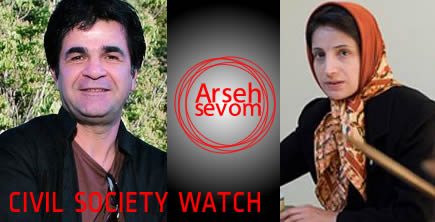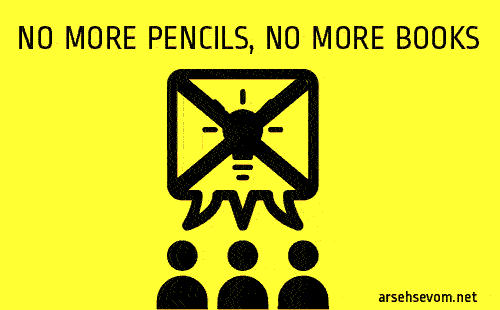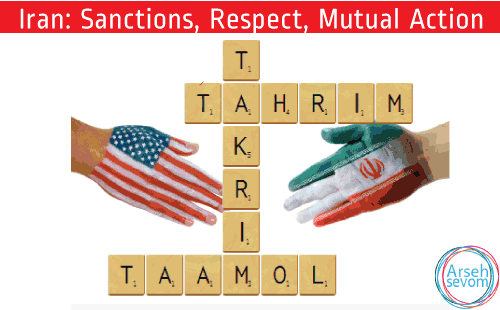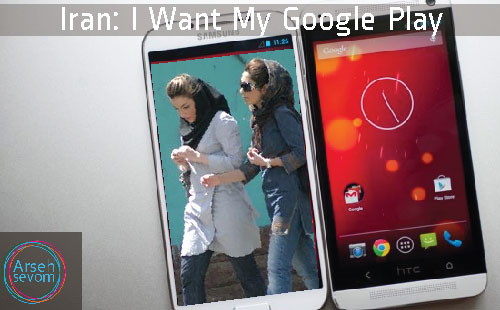
Iran: Rationing, Gender Segregation, Executions
October 22, 2012
Iran Civil Society: From International Awards to Economic Suffering
October 30, 2012Arseh Sevom – The lives of six million patients in Iran are adversely affected due to shortages of medicine, as an immediate result of unprecedented sanctions. On top of the existing crippling sanctions, the European Union ministers agreed to a new set against Iran, on October 15, These new sanction ban the import of natural gas from the Islamic Republic. They are framed as part of a dual-track strategy including both diplomacy and pressure. It is no secret to the international community that its strategy on further isolating Iran has devastating effects on ordinary citizens, and particularly on patients, in Iran. The Washington Post highlighted the fact, stating:
“The effect [of sanctions], the experts say, is being felt by cancer patients and those being treated for complex disorders such as hemophilia, multiple sclerosis and thalassemia, as well as transplant and kidney dialysis patients, none of whom can afford interruptions or delays in medical supplies.”

Fatemeh Hashemi, head of the Foundation for Special Diseases, also voiced her concern over the situation of six million patients in Iran affected by banking restrictions effecting imported medicines. She emphasized that those with cancer and multiple sclerosis patients are mostly affected by the shortage of drugs, but thalassemia and dialysis patients are also dealing with difficult situations. In her letter to UN Secretary General Ban Ki-moon, she asked for “lifting the sanctions as they are political in nature and prove to the inexcusable detriment of patients in Iran.” The sanctions have seriously complicated banking transactions, causing a hike in prices, and even a “shortage” in some sectors. This is true even though sanctions do not specifically target the sale of medicine and medical equipment to Iran, Hashemi added.
Some argue that this represents the desired outcomes of sanctions. They believe that sanctions are working to bring Iranian officials to nuclear talks, believing this is the inevitable cost Iranian society must pay for change. The question remains what if all these costs do not pay off? Who is to blame for the loss and suffering of ordinary people in Iran? Is it the international community or the Iranian authorities?
Hesam in his blog [fa] provided a comprehensive media review on this topic and quoted a thalassemia patient saying: [referring to the shortage of medicine] “I think they want to get rid of us!”
In a blog dedicated to multiple sclerosis patients, MS Irani [fa], the author has provided a list of 50 difficult-to-find medicines and says that the list is growing in length on a daily basis. S/he argues that as a result of economic sanctions, a drug crisis is happening in Iran. The scope of this crisis is now limited to patients with certain diseases, who are a small fraction of the population; but the crisis will soon grow to the general population. S/he believes that the problem is with the provision of the raw materials for local production. The author reiterates the fact that it is not the medicine itself which is sanctioned, but the difficulties in financial transaction that lead to the shortage of specific drugs. S/he warns against the side effects of medicines or raw materials imported from China and India to fill the gap, adding that it is not only side effects and the shortage affecting access to medication, but also the sudden 30% to 40% rise in the price are the contributing factors to this crisis.
Nei C [fa] says: “Sanctions are in our homes now. My grandma had an operation a while ago. I don’t know if anesthetics are also sanctioned or not but when the nurse wanted to remove my grandma’s stitches she didn’t use anesthetics due to its shortage. My grandma fainted out of pain…My younger aunt is suffering from MS. Not only does she have to pay much more than before to get her medicine, she also needs to deal with its shortage. The worry ‘can I even find my medicine’ causes huge mental distress for a MS patient.
Ahmad talked about patients suffering from hemophilia and published a letter to the head of World Health Organization [WHO] in his blog [fa]. The letter addresses the hardship and difficulties hemophilic patients are facing accessing their required medicine.
Marzieh, in her blog post called “Sanction is a chic name for war” [fa] writes:
“Sanctions might mean a rise in prices for us, but they are also taking the lives of many people. If someone dies in a war or an armed conflict, it matters, it makes it to the headlines, people take positions towards it; but it is not known how many people are dead so far as a result of sanctions, how many are killed, have lost their lives. War is noisy killing while sanctions are silent. it seems like they have muted a war that is happening. Perhaps not for us, but for those who are dealing with special diseases, sanctions can be even crueler than wars; because they are left alone with their problems. Their problems are those of individuals and not the public. Consequently their pain is not reflected in the news, analysis or human rights statements.”




